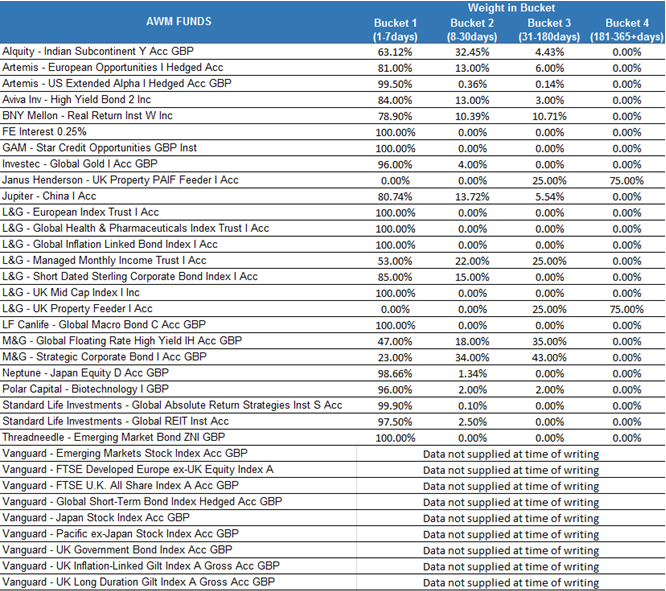Tax Tips with AWM – Tip #1 VCT’s
Tax-Year-End is approaching and its time to take full advantage of all those tax benefits, that not many people seem to know about.
AWM will be running a series of blog posts on Pre-Tax-Year-End tax planning over the next week, so stay tuned. The aim of the blog series is to help make sure that you best utilise your options and today we focus on Venture Capital Trusts.
What is a Venture Capital Trust?
A Venture Capital Trust (VCT) is a company whose shares trade on the London stock market. A VCT aims to make money by investing in other companies which are typically very small and are looking for further investment to help develop their business.
Tax Benefits
- Income Tax Relief: Up to 30%
- Tax-Free Dividends: The dividends you receive from the VCTs you invested are tax-free.
- Tax-Free Capital Growth: You won’t pay any Capital Gains Tax on profits from selling your VCT shares
The Different Types
VCTs commonly fall into three broad categories based on the profile of underlying companies a VCT invests in:
- Generalist: Investments are usually made in unquoted companies across a wide range of sectors.
- Specialist: Investments are made by a VCT fund manager specialising in a defined investment sector (e.g. healthcare, technology, environmental and media).
- AIM: – The VCT makes investment mainly in companies whose shares are listed on the Alternative Investment Market.
AWM’s Recommendations
AWM has a dedicated investment team researching investment offers in the whole of market. We have a rigorous selection process in place, aiming to find the best VCT offers in the market for our clients. If you would like to hear more about our panel then please contact us by clicking below.
VCT Versus EIS
- VCTs normally have a lower minimum investment amount which usually ranges from £3,000 to £6,000 compared to EIS fund which usually starts with £10,000 or more.
- VCTs’ are usually more diversified than an EIS fund. A VCT would normally have 30 to 80 underlying companies while an EIS fund may normally have 4 to 15 underlying companies.
- VCTs can pay out dividends and are tax-free, providing you with a regular early realisation of the investment while EIS companies normally do not pay out dividends. If they do the dividend is not tax-free.
Important Facts
-
Its important to note that VCTs are not a viable option for everyone. VCT’s are not FSCS protected and investing in a VCT is dependent on market capacity and we cannot guarantee the investment will take place to accommodate for the 2019/2020 Tax-Year-End. Please click below to find out more about the potential risks of VCTs or chat with one of our advisers to find out what the most viable option is for your personal situation.
*utilising these allowances are provider timeline dependent.
Ascot Wealth Management Limited is authorised and regulated by the Financial Conduct Authority reference 551744. Our registered office: Scotch Corner, London Road, Sunningdale, Ascot, Berkshire, SL5 0ER. Registered in England No. 7428363. www.old.ascotwm.com Unless otherwise stated, the information in this document was valid on 3rd February 2017. Not all the services and investments described are regulated by the Financial Conduct Authority (FCA). Tax, trust and company administration services are not authorised and regulated by the Financial Conduct Authority. The services described may not be suitable for all and you should seek appropriate advice. This document is not intended as an offer or solicitation for the purpose or sale of any financial instrument by Ascot Wealth Management Limited. The information and opinions expressed herein are considered valid at publication, but are subject to change without notice and their accuracy and completeness cannot be guaranteed. No part of this document may be reproduced in any manner without prior permission. © 2017 Ascot Wealth Management Ltd. Please note: This website uses cookies. To continue to use this website, you are giving consent to cookies being used.




















